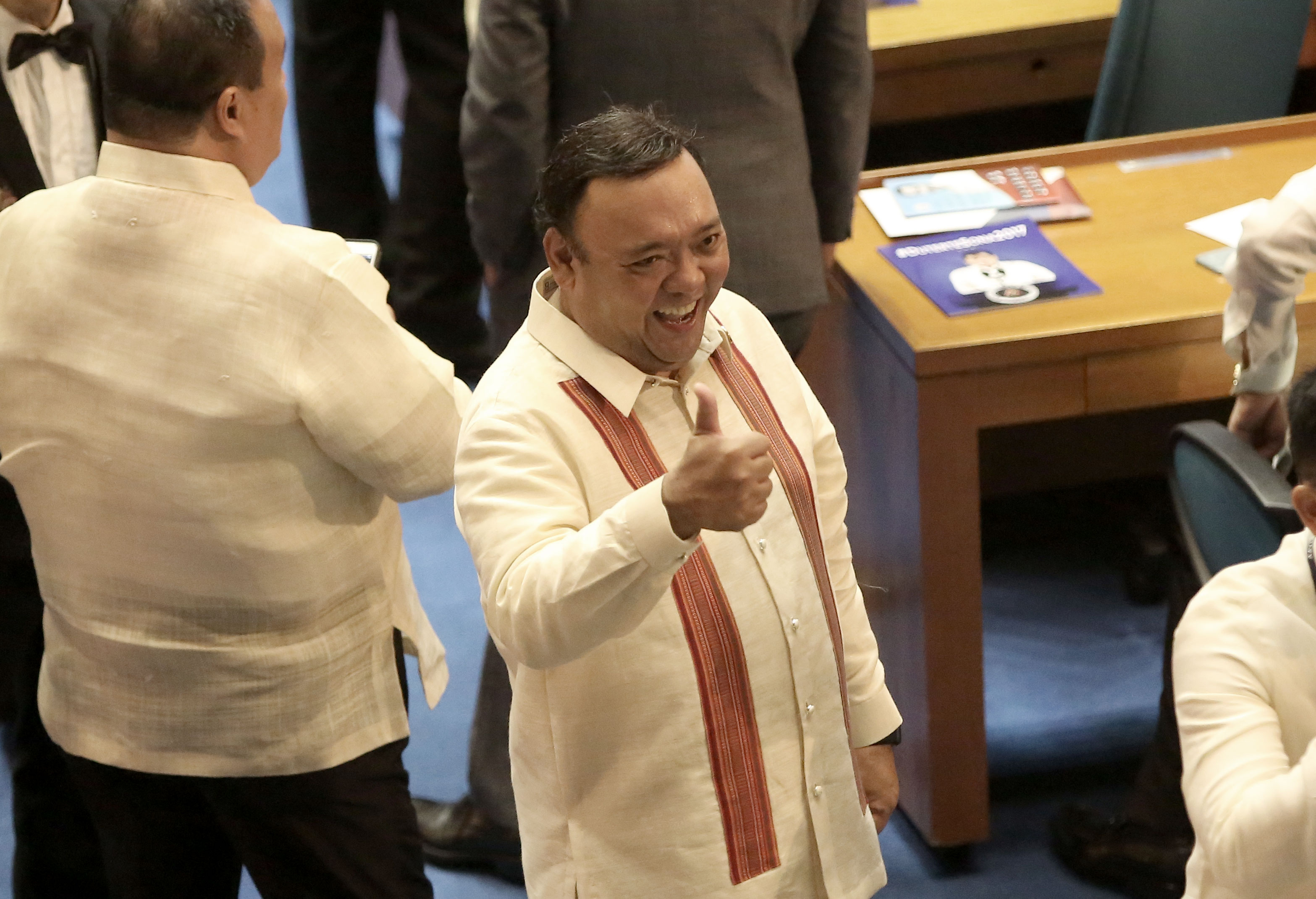Palace issues misleading remarks on the outcome of a UN review
December 10, 2017 | 4:00pm

Highlighting how the UN Human Rights Council "unanimously accepted and commended" the country's outcome report wasn't the first time for Malacañang. It did so on at least three other occasions when Ernesto Abella was still serving as President Rodrigo Duterte's spokesman. Philstar.com/AJ Bolando
MANILA, Philippines — Presidential spokesman Harry Roque flaunted the United Nations Human Rights Council's unanimous acceptance and praise of the Philippines' outcome report during the Universal Periodic Review this year in a statement released Sunday for International Human Rights Day. His remarks, however, were misleading.
"This government shall strive to bestow upon every Filipino an equal share in the nation’s progress. And we are pleased that this direction has been accepted by no less than the highest peer review body in the world on all matters of human rights, which is the UNHRC, when it unanimously accepted and commended the Outcome Report on the Philippines’ Universal Periodic Review this year."
The UPR is a unique mechanism that aims to improve the human rights situation of all the 193 UN member-states by assessing if they are fulfilling their human rights obligations.
This, however, wasn't the first time that Malacañang highlighted how the UNHRC "unanimously accepted and commended" the country's outcome report. It did so on at least three other occasions when Ernesto Abella was still serving as President Rodrigo Duterte's spokesman.
First, on September 23 soon after the report was adopted as proof of the government's commitment to human rights protection. Second, on September 27 to counter a Vera Files fact check on the government's misrepresentation of the review's outcome and to point out the existence of international support of the drug war. And third, on October 12 to dismiss a warning by the Human Rights Watch that the country would risk its UNHRC membership if it continues with its narcotics crackdown.
Malacañang's use of the word "accepted" instead of "adopted" might have caused a bit of confusion as the former is also the term used to refer to one of the two responses a reviewed country can give to recommendations. The reviewed country can either choose to accept or note the recommendations but it cannot reject them.
Adoption of an outcome report is procedural during the UPR and does not equate to an endorsement of the human rights situation of the reviewed country. The document provides a summary of the actual discussion—the questions, comments and recommendations made by states and the reviewed country's responses. It is the duty of the reviewed state to implement the adopted recommendations and to provide a progress report.
In focusing on the praise of some nations to the Philippines, Malacañang inadvertently draws attention away from the fact that there were states and non-government organizations that aired concern over the drug-related killings and culture of impunity in the country. Others underscored unease on the absence of national legislation to protect members of the LGBT community from discrimination and violence.
The Philippines earned the commendation of speakers for the implementation of measures to combat poverty and promote the right to education and the rights of vulnerable groups.
Thirty-nine countries expressed worry about the mounting number of deaths in the drug war and urged the Duterte government to allow a probe by UN special rapporteur Agnes Callamard days after the adoption of the Philippines' outcome report.
The Philippines accepted only 40 percent or 103 out of 257 recommendations, which is way below the average rate of acceptance by states at 80 percent, the UNHRC revealed to Vera Files in an email last September.
BrandSpace Articles
<
>
Philstar
- Latest
- Trending
Trending
Latest
Trending
Latest
Recommended




























